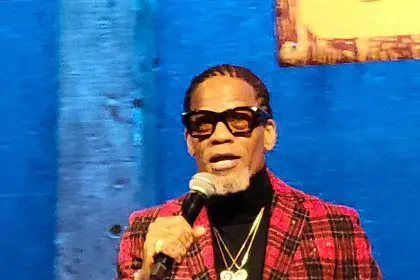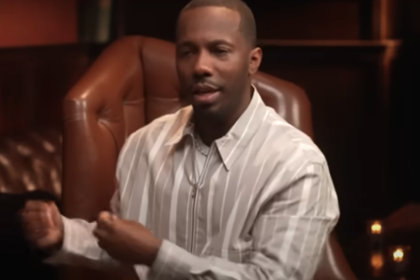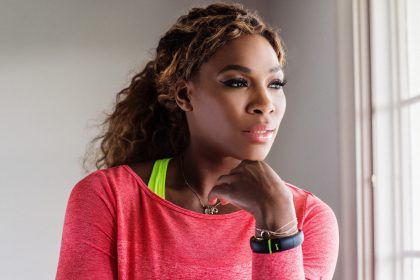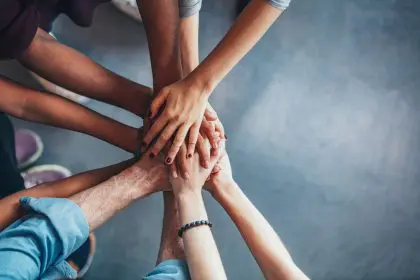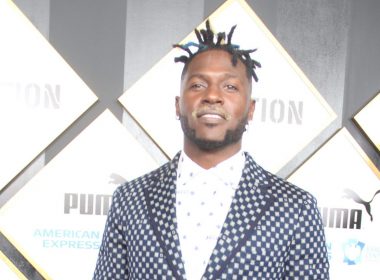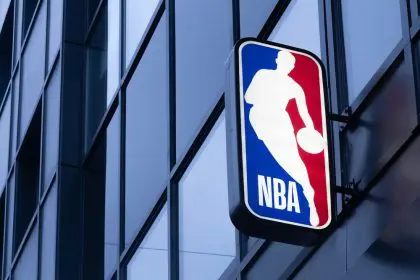Sports have played a vital role in African American culture, not only offering a source of entertainment but also serving as a powerful platform for advocacy and community unity. From breaking racial barriers to inspiring social change, African American athletes have shaped the American sports landscape and culture in transformative ways.
Overcoming adversity: A historical journey
Throughout history, African Americans have faced significant obstacles in sports, ranging from exclusion due to segregation to outright discrimination. Early pioneers like Jackie Robinson exemplified courage and resilience when he became the first African American to play in Major League Baseball’s modern era. His groundbreaking achievement in 1947 opened the doors for generations of Black athletes to follow, setting a precedent for inclusivity and equality.
Similarly, figures such as Althea Gibson and Wilma Rudolph emerged as trailblazers in their respective sports, breaking both racial and gender barriers. These athletes were not merely competitors but symbols of defiance against an unjust system.
Modern legends leading the charge
Today, African American athletes continue to dominate and redefine the sports world. Icons like LeBron James, Serena Williams, and Colin Kaepernick are not just celebrated for their athletic prowess but also for their unwavering commitment to social justice. Their efforts extend far beyond the courts and fields, as they use their influence to speak out against inequality and champion civil rights causes.
LeBron James, for example, has consistently advocated for educational equity through initiatives like the I PROMISE School. Similarly, Serena Williams has used her platform to address issues of gender inequality and racial bias in tennis. Meanwhile, Colin Kaepernick’s decision to kneel during the national anthem sparked a global conversation about racial injustice and police brutality.
Pivotal moments in history
Certain events stand as defining moments in the intersection of sports and civil rights. The 1968 Olympics, for instance, saw Tommie Smith and John Carlos raise their fists in a Black Power salute during the medal ceremony. This bold gesture became a powerful symbol of resistance and solidarity, drawing attention to the ongoing struggle for racial equality.
Muhammad Ali’s refusal to be drafted into the Vietnam War due to his religious beliefs and stance against racial oppression further underscored the role of athletes as agents of change. Ali’s defiance cost him his heavyweight title but solidified his legacy as a champion of social justice.
Building community through sports
Beyond individual achievements, sports have been instrumental in fostering community and belonging among African Americans. Local leagues, youth sports programs, and recreational activities often serve as safe spaces where young people can develop essential life skills such as teamwork, discipline, and leadership.
These programs not only nurture athletic talent but also provide mentorship and guidance, helping young athletes navigate challenges both on and off the field. Coaches and mentors within these communities play crucial roles in shaping the next generation of leaders.
The economic impact of sports
The economic influence of sports on African American communities is profound. Professional sports generate billions of dollars annually, and many African American athletes leverage their success to invest in businesses and initiatives that uplift their communities. This economic empowerment fosters growth and creates opportunities for future generations.
Athletes such as Magic Johnson have become successful entrepreneurs, using their wealth and influence to invest in urban development projects and minority-owned businesses. Similarly, Jay-Z’s ventures into sports management and ownership highlight the potential for athletes to drive economic change.
Challenges that persist
Despite the progress made, African American athletes continue to face challenges. Systemic racism, unequal access to resources, and the pressure to conform to stereotypes remain prevalent issues. Many athletes encounter subtle and overt discrimination, both within their sports and in broader society.
Moreover, the lack of representation in leadership roles within sports organizations highlights ongoing disparities. Addressing these challenges requires a collective effort from fans, stakeholders, and governing bodies to ensure a more equitable and inclusive environment.
Envisioning an inclusive future
As we celebrate the achievements of African American athletes, it is essential to recognize the work that remains in creating a more inclusive sports landscape. Initiatives aimed at increasing diversity in coaching, management, and executive roles are crucial. Equally important is the need to address disparities in funding and access to sports facilities in underserved communities.
Organizations such as the National Basketball Players Association (NBPA) and the NFL Players Coalition have taken significant steps to advocate for social justice and equity. These efforts, combined with grassroots movements and community activism, have the potential to drive meaningful change.
Conclusion: Honoring a legacy of resilience
The impact of sports on African American culture is undeniable. From historical struggles to contemporary triumphs, African American athletes have used sports as a platform for expression, activism, and community building. Their contributions have not only enriched the world of sports but also advanced the broader fight for equality and justice.
As fans and supporters, we have a role to play in amplifying their voices and advocating for fairness in sports. By celebrating their achievements and supporting initiatives that promote diversity and inclusion, we can honor their legacy and help shape a more equitable future. The journey of African American athletes serves as a testament to the power of resilience, determination, and unity in the face of adversity.
Let’s continue to champion their cause and work together to build a sports culture that reflects the values of equality and respect for all.



